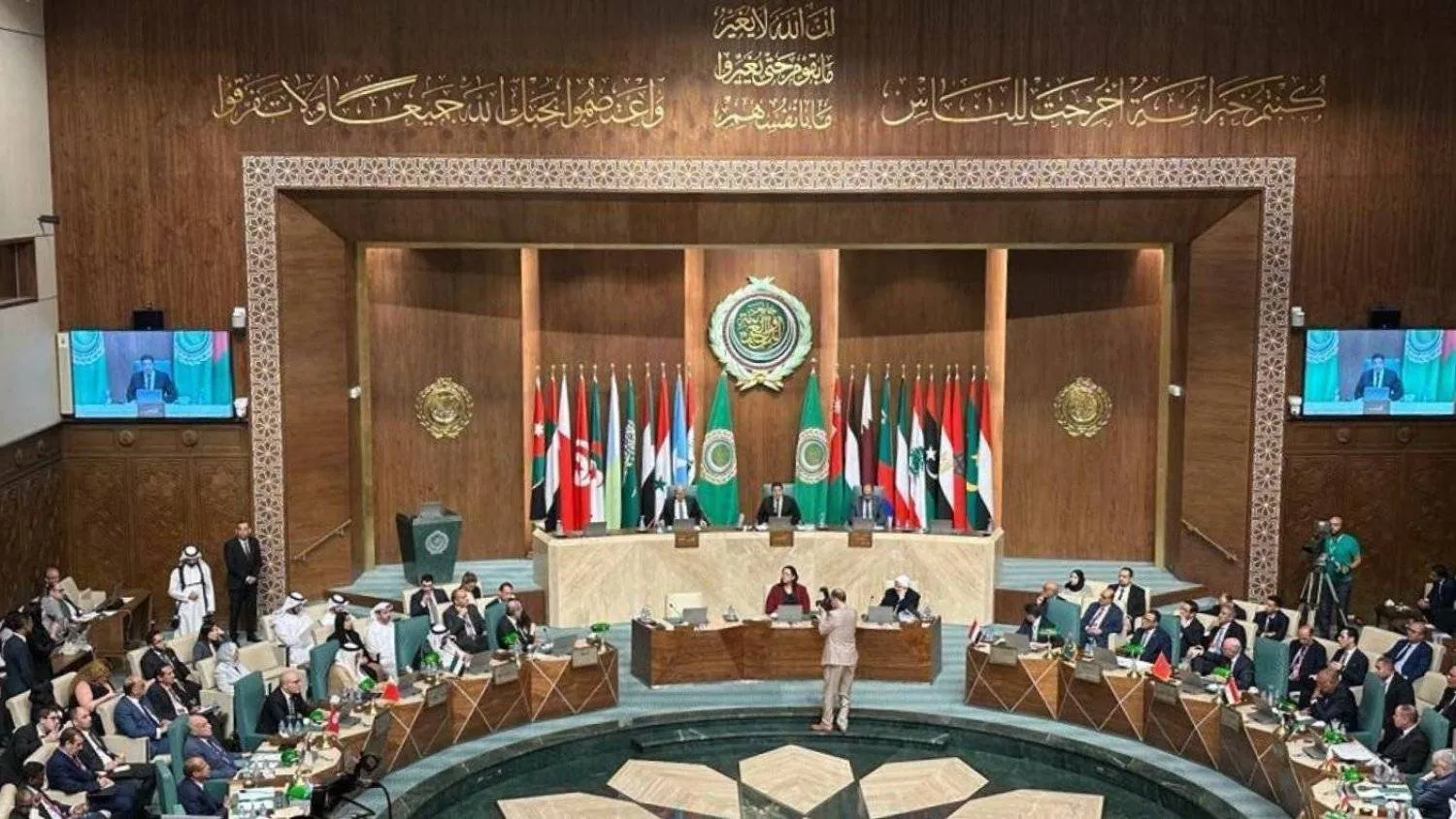The Council of the Arab League condemned the Israeli occupying forces for undermining the work of the United Nations and international humanitarian organizations operating in the Gaza Strip, including bombing the centers and headquarters of UNRWA, classifying it as a terrorist organization, and seeking to end its missions in the occupied Palestinian territories.
In a statement following a meeting of the permanent representatives of its extraordinary session, the Council of the Arab League stressed that Israel has committed brutal acts against the Palestinians in a manner that is unprecedented in modern history by exterminating and burning civilians and destroying all forms of life in the Gaza Strip while disregarding international law, UN Security Council and General Assembly resolutions, and the International Court of Justice (ICJ) measures and advisory opinions, SPA reported.
The council said that the forced displacement of Palestinians, especially from the northern Gaza Strip, represents the beginning of the Palestinian people's displacement outside their lands and the exacerbation of their suffering.
It added that the failure of the international system to stop Israeli crimes constitutes a stain on humanity and the international order, calling for the activation of the advisory opinion of the ICJ regarding the illegality of the Israeli occupation.
The Council of the Arab League urged the ICJ to expedite the adjudication of the genocide lawsuit against the Israeli occupying power and called on the International Criminal Court to issue arrest warrants against the Israeli prime minister and his defense minister.
The Council also called for implementing its decisions that include the suspension of Israel's participation in the UN General Assembly.
The Arab League Council also condemned the Israeli aggression on Lebanon, stressing the need to support Lebanon's efforts in the international community to pressure Israel to immediately cease fire and implement Security Council Resolution 1701, which Beirut has expressed readiness to implement immediately.
The Council also condemned the repeated Israeli attacks on Syrian territory and the targeting of civilians and residential areas, stressing its support for Syria in exercising its right to defend its land and people.
Arab League Condemns Israel's Undermining of UN, Humanitarian Organizations Work in Gaza

File photo of a previous meeting of the Arab League (Asharq Al-Awsat)

Arab League Condemns Israel's Undermining of UN, Humanitarian Organizations Work in Gaza

File photo of a previous meeting of the Arab League (Asharq Al-Awsat)
لم تشترك بعد
انشئ حساباً خاصاً بك لتحصل على أخبار مخصصة لك ولتتمتع بخاصية حفظ المقالات وتتلقى نشراتنا البريدية المتنوعة







